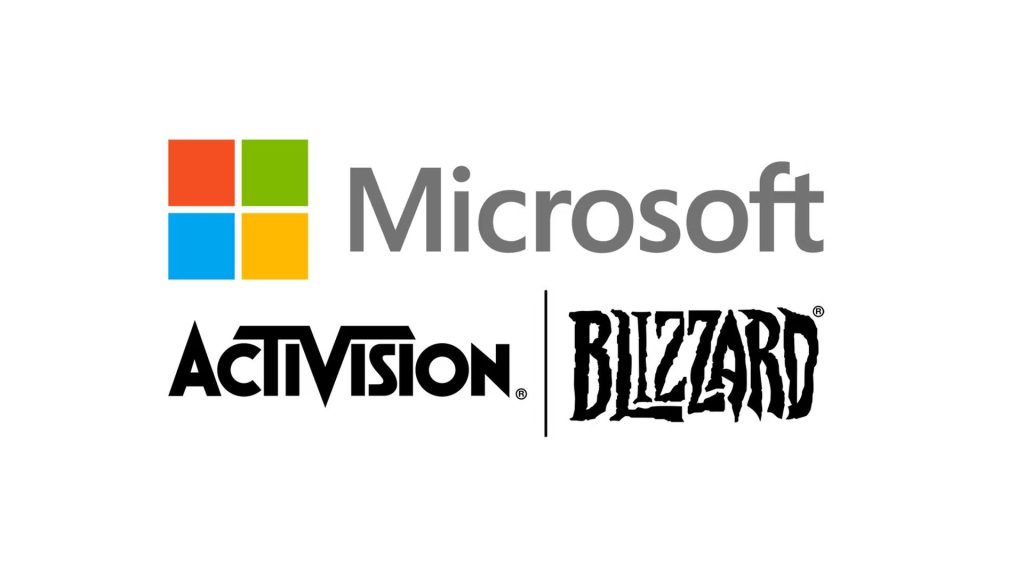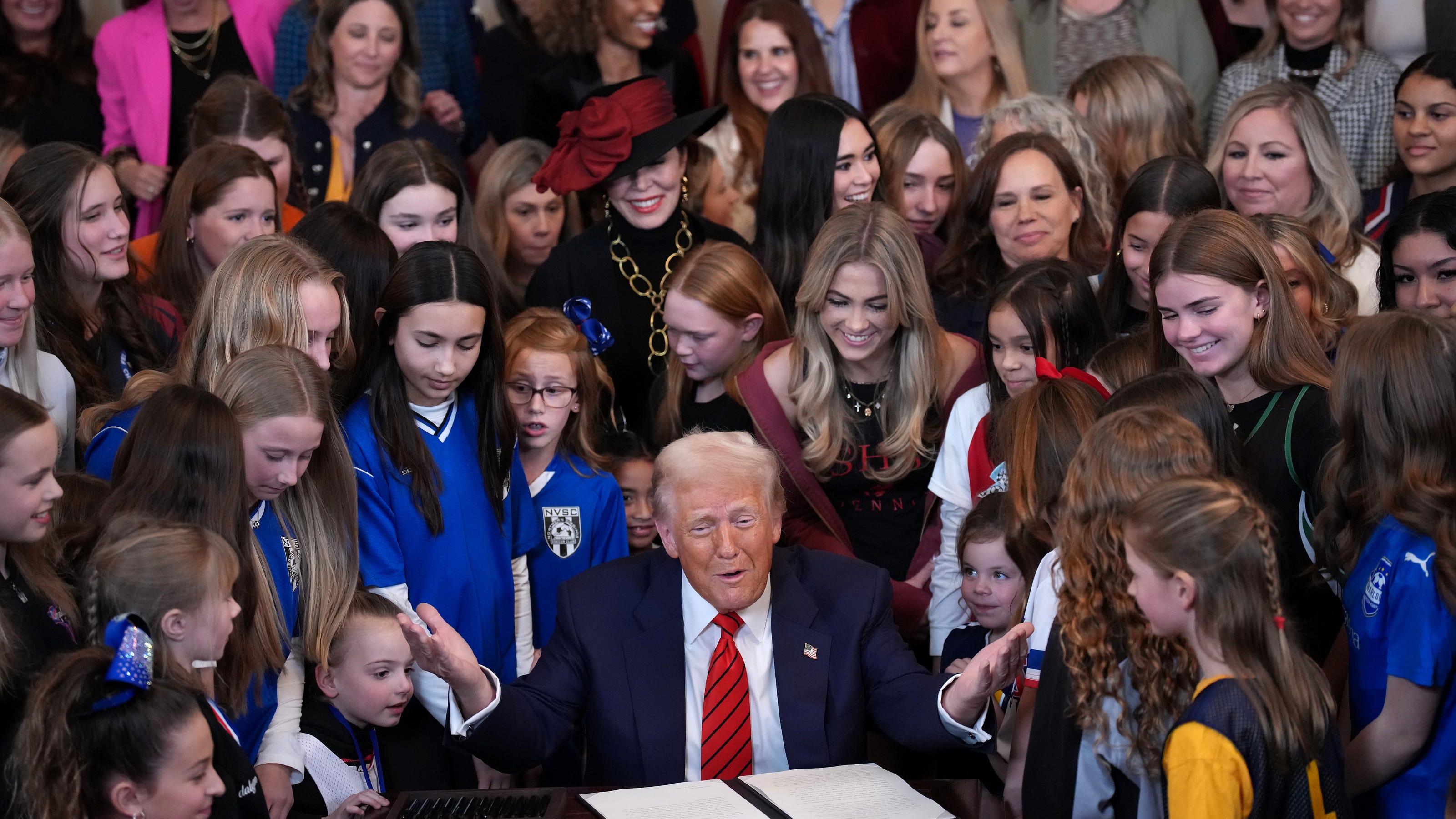Microsoft-Activision Merger: FTC's Appeal And Its Implications

Table of Contents
The FTC's Arguments Against the Merger
The FTC's core argument centers on antitrust concerns and the potential for the Microsoft-Activision merger to significantly harm competition within the gaming industry. Their lawsuit highlights several key areas of concern:
-
Market Concentration: The FTC argues the merger would create an excessively concentrated market, giving Microsoft undue control over game development, distribution, and pricing. This market concentration, they claim, would stifle innovation and reduce consumer choice. The acquisition would combine Microsoft's already substantial market share with Activision Blizzard's significant portfolio of popular franchises.
-
Call of Duty Exclusivity: A central point of contention is the potential for Microsoft to make Call of Duty exclusive to its Xbox ecosystem. This move, the FTC argues, would severely harm competitors like Sony PlayStation, which relies on Call of Duty's broad appeal to maintain its market position. The loss of such a popular title could significantly impact PlayStation's sales and subscription services.
-
Subscription Service Dominance: The FTC also expresses concerns about Microsoft leveraging Activision Blizzard's popular game titles to bolster its Game Pass subscription service. This could create an unfair advantage over competing subscription services, potentially driving rivals out of the market or forcing them to significantly raise prices to compete. The combined power of Xbox Game Pass and Activision Blizzard's catalog could lead to a near-monopoly in the subscription market.
The FTC's legal basis for these claims rests on established antitrust laws designed to prevent mergers that substantially lessen competition. They've presented considerable evidence to support their claims, including internal Microsoft documents and market analysis demonstrating the potential for anti-competitive behavior.
The Judge's Initial Ruling and the FTC's Appeal
A district court judge initially dismissed the FTC's lawsuit, arguing that the commission hadn't adequately demonstrated that the merger would likely lead to substantial harm to competition. The judge's reasoning focused on the perceived availability of alternatives and the competitive dynamics of the broader gaming market.
However, the FTC promptly appealed this decision, citing numerous points of disagreement with the judge's assessment. Their appeal argues the court misjudged the potential for anti-competitive practices, particularly concerning Call of Duty exclusivity and the impact on subscription services. The appeal process involves further legal arguments, evidence submissions, and potentially a full trial before a higher court. The timeline for a final resolution remains uncertain, but the case is expected to set a significant precedent for future mergers and acquisitions in the tech industry, particularly concerning the intersection of gaming and subscription services. This judicial review is crucial for clarifying the legal interpretation of antitrust laws in the context of rapidly evolving digital markets.
Potential Outcomes and Their Implications
Several outcomes are possible in the FTC's appeal of the Microsoft-Activision merger:
-
Merger Approval: If the appeal is unsuccessful and the merger is approved, Microsoft would gain control of Activision Blizzard's valuable intellectual property, significantly strengthening its position in the gaming market. This could lead to increased market consolidation, potentially impacting game pricing, availability, and innovation.
-
Merger Rejection: If the appeal is successful and the merger is blocked, Microsoft would be forced to abandon its acquisition plans. This would maintain the status quo in the gaming market, preserving competition and potentially limiting market consolidation. However, it could also leave Activision Blizzard in a precarious position.
-
Settlement: A settlement could involve Microsoft agreeing to concessions, such as committing to keeping Call of Duty available on competing platforms. This would aim to address the FTC's antitrust concerns while allowing the merger to proceed.
Each outcome has significant implications for Microsoft, Activision Blizzard, their competitors, and ultimately, consumers. The impact on game pricing, availability, and innovation will depend heavily on the final ruling. The appeal's outcome will shape not only the future of this specific merger but also provide valuable precedent for future mergers and acquisitions within the gaming industry and beyond.
The Impact on Consumers and the Gaming Landscape
The Microsoft-Activision merger's outcome will directly impact consumers in several ways:
-
Game Prices: Increased market concentration could lead to higher game prices if competition is lessened. Alternatively, if the merger leads to greater efficiency, prices may decrease.
-
Subscription Services: The merger could affect the pricing and availability of game subscription services, potentially resulting in either increased dominance by Game Pass or fostering more competition if regulatory action forces Microsoft to share Activision Blizzard titles.
-
Game Availability: The fate of Call of Duty and other Activision Blizzard titles on platforms like PlayStation will significantly influence consumer access to popular games.
-
Competition and Innovation: The level of competition and subsequent innovation within the gaming industry will depend on the outcome. Reduced competition could hinder innovation, while a competitive landscape is likely to stimulate new game development and technological advancement.
Consumer choice is at the heart of the matter. The FTC's concerns about market dominance ultimately boil down to the potential for limiting consumer choice in games, platforms, and subscription models.
Conclusion
The FTC's appeal in the Microsoft-Activision merger is a landmark case with far-reaching consequences. The FTC's arguments center on concerns about anti-competitive practices, particularly regarding Call of Duty exclusivity and the dominance of subscription services. The judge's initial dismissal and the subsequent appeal highlight the complexities of antitrust law in the rapidly evolving digital landscape. The potential outcomes – merger approval, rejection, or a negotiated settlement – will significantly shape the future of the gaming industry, impacting game prices, availability, competition, and consumer choice. Stay informed about developments in this crucial case to understand how it will shape the future of gaming. Continue following the progress of the Microsoft-Activision merger for updates and analysis.

Featured Posts
-
 Le Role De La Ville De Dijon Face Aux Difficultes Rencontrees Par Epicure A La Cite De La Gastronomie
May 10, 2025
Le Role De La Ville De Dijon Face Aux Difficultes Rencontrees Par Epicure A La Cite De La Gastronomie
May 10, 2025 -
 Trump Administration Policies How Did Executive Orders Affect Transgender People Sharing Your Story
May 10, 2025
Trump Administration Policies How Did Executive Orders Affect Transgender People Sharing Your Story
May 10, 2025 -
 Golden Knights Win Adin Hills 27 Saves Shut Down Blue Jackets
May 10, 2025
Golden Knights Win Adin Hills 27 Saves Shut Down Blue Jackets
May 10, 2025 -
 Nhl Oilers Vs Sharks Prediction And Betting Odds For Tonights Match
May 10, 2025
Nhl Oilers Vs Sharks Prediction And Betting Odds For Tonights Match
May 10, 2025 -
 Golden Knights Clinch Playoff Spot Despite Oilers 3 2 Victory
May 10, 2025
Golden Knights Clinch Playoff Spot Despite Oilers 3 2 Victory
May 10, 2025
